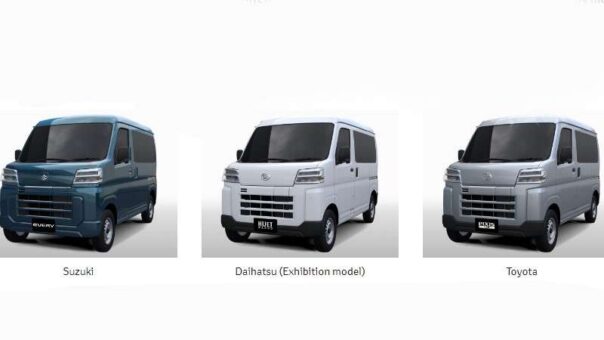Karachi, July 1, 2024 – In a reversal from its initial proposal, the Pakistani government has announced an extension of reduced sales tax rates for locally manufactured hybrid electric vehicles. This move aims to incentivize the production and adoption of environmentally friendly automobiles.
Initial Exclusion Proposed in Budget 2024-25
The original Budget 2024-25, presented through the Finance Bill, 2024, proposed excluding hybrid electric vehicles from the reduced sales tax regime. Industry experts and environmental advocates expressed concern over this proposal, highlighting its potential to discourage the production and purchase of these fuel-efficient vehicles.
Course Correction Through Finance Act
The recently passed Finance Act, 2024, amends the initial proposal. Fortunately, locally manufactured hybrid electric vehicles will continue to benefit from reduced sales tax rates until June 30, 2026. This policy revision is expected to provide a significant boost to the domestic hybrid electric vehicle market.
Reduced Tax Rates by Engine Capacity
The revised tax structure offers tiered sales tax rates based on engine capacity:
• Locally manufactured hybrid electric vehicles with engines up to 1800 cc will enjoy a reduced sales tax rate of 8.5%.
• Vehicles with engines ranging from 1801 cc to 2500 cc will benefit from a reduced sales tax rate of 12.75%.
Promoting Environmental Sustainability and Local Manufacturing
The extension of reduced sales tax rates is seen as a positive step towards promoting environmental sustainability in Pakistan. Hybrid electric vehicles offer significant fuel efficiency advantages compared to conventional gasoline-powered cars, thereby reducing greenhouse gas emissions. Additionally, this policy encourages the growth of the domestic hybrid electric vehicle industry, potentially creating jobs and boosting the local economy.
Looking Ahead: Continued Support for Eco-Friendly Vehicles
The government’s revised stance on hybrid electric vehicle sales tax reflects a growing commitment to environmental protection and fostering a domestic green automotive sector. While the long-term tax structure for these vehicles remains to be seen, the current extension offers a welcome incentive for both manufacturers and consumers interested in adopting eco-friendly transportation solutions.
